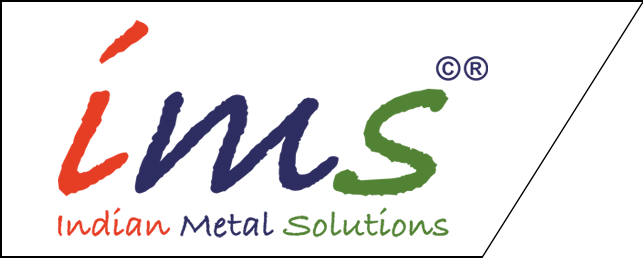Reimagining Metal Manufacturing for a Greener Tomorrow
Picture a world where metal manufacturing not only meets industrial demands but also champions environmental sustainability. Explore recent sustainability trends. As global pressure mounts to curb carbon emissions, the metal industry is undergoing a significant transformation. Sustainable manufacturing in metal works is no longer a distant dream—it’s happening now.
The Metal Industry’s Green Revolution
The metal manufacturing sector is under the microscope as stakeholders demand cleaner, greener operations. According to the World Steel Association’s 2024 Sustainability Indicators Report, the global steel sector has reduced CO₂ intensity by 12% over the past five years, with an average of 1.92 tons of CO₂ emitted per ton of steel produced. Energy intensity has improved to 21.27 GJ per ton, and material efficiency stands at an impressive 98.15%.
Industry leaders like ArcelorMittal and Steel Dynamics are ramping up investments in decarbonization, waste heat recovery, and water reclamation to meet ambitious sustainability goals. This shift reflects a broader trend toward circular economy principles, where waste is recycled, resources are reused, and environmental management systems drive continuous improvement.
Innovative Trends Shaping the Future
1. Eco-Friendly Alloys: A New Era with Lead-Free Brass
The rise of eco-friendly alloys such as lead-free brass is reshaping product portfolios. These alloys offer comparable mechanical properties to traditional brass while eliminating toxic lead content. A 2025 MDPI review highlights that lead-free brass alloys maintain corrosion resistance and machinability, making them ideal for drinking water fittings and electrical components.
- Environmental Benefit: Reduces hazardous waste and simplifies recycling.
- Cost Advantage: Lower disposal costs and potential regulatory incentives.
Discover how IMS integrates these materials into its lineup of green grounding solutions designed for high-performance and safety.
2. Energy-Efficient Melting and Casting: A Game Changer
Energy consumption is a critical metric. SINTEF’s 2024 white paper reports that waste-heat recovery systems can reduce fuel use by up to 20%. By installing economisers and waste-heat boilers on induction furnaces, foundries can lower energy bills and emissions simultaneously.
- IMS Case: A recent upgrade to high-efficiency induction furnaces at IMS’s 25,000 sq ft sand-casting facility cut energy use by 15%, translating to savings of 1,000 kWh per ton.
- Industry Benchmark: McKinsey & Company notes that best-in-class plants achieve energy intensities below 18 GJ per ton through these technologies.
Learn more about these innovations on the IMS sand-casting page.
Voices of Change: Thought Leadership in Action
“Sustainable manufacturing isn’t just about reducing emissions—it’s about reimagining the entire lifecycle of products,” says Dr. Ayesha Singh, Lead Metallurgist at IMS. “Our circular manufacturing strategy, which includes scrap-reuse programs and alloy recovery, has reduced our raw-material costs by 12% and carbon footprint by 18% year-over-year.”
By aligning with ISO 14001 standards, IMS ensures that environmental management is integrated into daily operations. This approach fosters a culture of continuous improvement and accountability.
Practical Steps for a Greener Metal Shop
Whether you run a small metal shop or manage a large foundry, there are steps you can take right now:
- Conduct an energy audit to identify high-consumption areas.
- Implement scrap-sorting and recycling to boost material efficiency.
- Explore partnerships with renewable-energy providers to power your operations.
- Upgrade to energy-efficient equipment, like high-frequency induction furnaces.
- Adopt advanced wastewater treatment—membrane filtration systems can reclaim up to 60% of process water (source).
IMS’s partnership with RenewTech Energy has helped the company offset 30% of its electricity usage with solar power. This collaboration exemplifies how strategic alliances can drive significant gains in sustainability.
Embracing the Green Manufacturing Era
The era of green manufacturing in metal works is here. From eco-friendly alloys to energy-efficient casting and robust environmental management, the industry is embracing sustainable manufacturing as a core principle. These advancements not only reduce environmental impact but also offer tangible cost savings and competitive advantages.
We’d love to hear from you. Share your experiences with sustainable manufacturing in the comments below or contact IMS to schedule a green audit.
